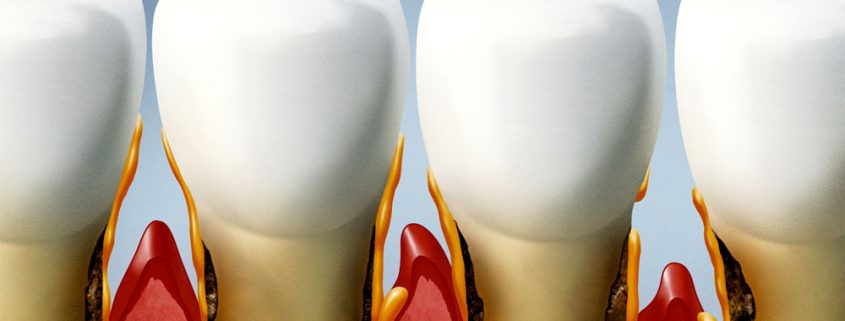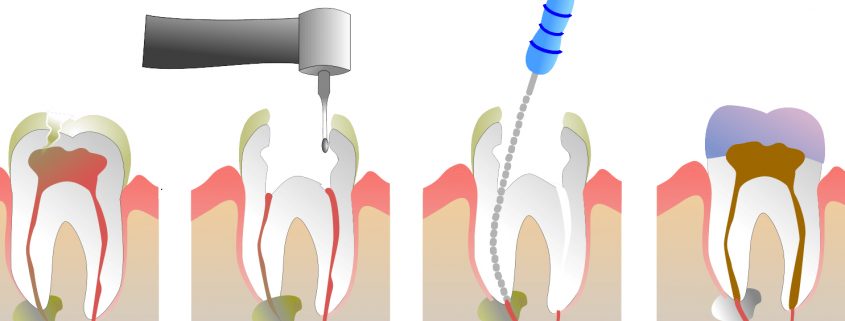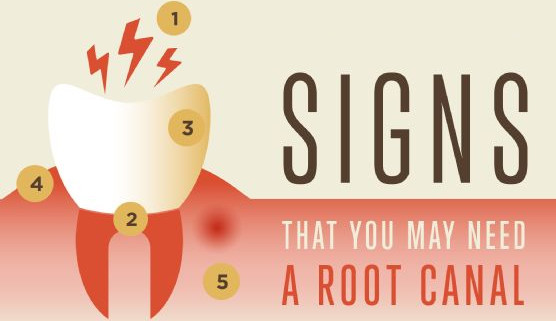Can Oral Health affect Other Health Issues?
Oral health can no longer be separated from overall health. Unless you are free of dental disease, particularly gum disease – and the other oral health issues that harm overall health – you can never be truly healthy.
Gum Disease
Gum disease can increase the risk and severity of many more serious health problems, including heart disease. Thus, you must be clear about this; the effect of dental disease on overall health is far more serious than its relationship to teeth and gums. In fact, moderate to severe gum disease can;
- Severely stress the immune system
- Lower resistance to other infections
- Increase the severity of diabetes
- Contribute to respiratory disease
- Contribute to low preterm birth weights
- Interfere with proper digestion
- Actually reduce life expectancy
If gum disease is not acknowledged as an obstacle to achieving overall health, any efforts to treat other existing diseases, improve health, and extend life will not be effective and will fall short of desired goals. Every person who cares about his or her health and every dentist in New Westminster, BC who wants to successfully treat patients must understand this important relationship. The reality is that ‘you cannot be healthy without healthy gums and teeth!’
Other Oral Health Issues that can Harm Overall Health
Along with amalgam fillings and gum disease, there are other oral health issues that can negatively affect systemic health, including:
- Infected root canals
- Jawbone infections
- Non-biocompatible dental materials
The impact of these oral health issues on overall health is determined by the seriousness and duration of each, and how many are present in an individual.
The fact is that is that a large percentage of the population is affected by some, or all of the above oral health problems. For example, an individual could have periodontal disease (the most serious form of gum disease), suffer from chronic mercury poisoning, have an infection from a failed root canal, a jawbone infection, and allergic reaction to dental materials – all present at the same time. Of course, many variables exist, as someone can have advanced gum disease and only have a few amalgam fillings. In that scenario, the effects of gum disease on overall health would be much greater than the effects of mercury. I’m sure you can imagine all of the possibilities that exist – none of them good.
But what is important to consider here is that if you are dealing with any, some, or all of the oral health issues that can damage overall health you should let your New Westminster dentist know about them as he or she may be looking for other causes of your health problems than those related to these oral health issues. That can be frustrating for both you and your dentist. Although there is no way of knowing exactly how much these oral health issues are contributing to your medical problems but that isn’t the point – as there is no doubt they are contributing to them to some degree. If you want to do all you can to improve your oral and overall health it means that you will have to take the necessary steps to work with your dental office in New Westminster, BC to eliminate these oral health problems and repair the damage done by them.




